The world feels topsy-turvy, friends.
It’s been this way for a while. When I started coming out of my pandemic isolation, I noticed it on faces. Faces of people who used to be cheery, eternal optimists, now followed around by a brooding cloud.
I heard it in words. Words of people who used to take on the mantle of fighting for others, now overly concerned with their own perceived, and often imaginary, victimhood.
Something about the past five years has broken us collectively. Perhaps everything about the past several years has prompted this dark eminence.
The thing is, I don’t think we’re all so very far apart on what we’re upset about. You look at both sides of the coin, and you see people upset about what is essentially late-stage capitalism. The conversations start out the same, but they end in alarmingly disparate locations. The way we’re choosing to express our discontent and values spans an ever-widening divide.
When the divide gets that wide, that’s when we see the type of power that is being exercised in the world around us thrive. It’s not a forgone conclusion that capitalism ends in this place, but during times of strong discontent and strong division, capitalism and this particular expression of power tend to serve one another. It’s a pattern which is repeatable. Study-able.
It’s an expression of power that wants to pit us against each other. That wants us to see the world through a lens clouded with despair. That’s where action gets frozen. That’s where humanity becomes obscured.
Despair is an appropriate human reaction in the face of so much heaviness. It’s not that it’s ‘wrong’ to feel this way.
As I find myself confronted with all the bad news in the world all at all hours of the day thanks to my little pocket screen, I feel overwhelmed. I wonder what way forward can possibly be pursued.
And then I remember the most powerful thing in the world.
Love so powerful it scared the gods
I’ve been reading this book lately. It’s an interesting read, framing stories I’ve heard a million times before through a new lens.
In it, Coward recounts a story told by Aristophanes vicariously through Plato. It was a satirical tale, prompted by drink, but nonetheless powerful. Please forgive my necessarily truncated retelling.
In it, Aristophanes poses that in the long-ago past, humans were quite literally connected to each other. At the head and at the belly button. We had four arms and four legs. Some of us were connected to a person of the same gender, while others were connected to a person of the opposite gender.
Eventually, the gods decided we were too powerful in this form. They separated us from our other half to reduce our power. While Coward doesn’t pose this, a younger version of myself reading the same story picked up that this drunkenly-narrated tale was the origin of the idea of “soul mates.” Ever after, we were destined to roam miserably, until we found our other half and became whole.
I could go on with analyses from different angles. But my most recent encounter with this story is charged heavily by Coward’s summation:
It is clear that the love between a man and a woman, a man and a man, and a woman and a woman are all given equal weight and validity. The gods split the original celestial beings apart because they were too powerful, implying that the love between two humans, irrespective of gender, is also equally powerful.
The thing that made us strong as human beings? That made the gods quake in their boots?
It was our love for one another.
Types of love
The Aristophanes story hinges around this idea of romantic love. But there are many types of love humans have the capacity to feel and express. If we are to limit ourselves to a few types of love humans feel for one another we span:
- Familial love. Whether for our children, parents, siblings, extended or chosen family members.
- Companionate love. Which can be found in romantic relationships, but can also be felt in deep friendships or amongst neighbors. Anywhere there exists intimacy and mutual care based on shared experience, we can find this type of love.
- Compassionate love. Which doesn’t necessarily require intimacy or family ties, but rather gives support from a place of empathy towards other human beings without expecting anything in return.
- Self-love. Because you, too, are a human you are allowed to feel love towards.
The path of most resistance
Knowing love or the hope of knowing love is the anchor that keeps us from falling into that sea of despair.
~bell hooks, All About Love: New Visions
I didn’t necessarily need to be reminded of Aristophanes to know that love is the most powerful form of resistance.
To know that when the world expects us to show up in violence and despair, showing up in love is the true call.
For I have read bell hooks.
I do not profess to be the most expert reader of her work, but I do think that’s the assignment in this moment: to read more bell hooks.
This particular moment of struggle is an extension of the topics she wrote about. For these systems are not new, although they may have evolved in expression. All About Love is a tome explicitly dedicated to the topic, but any work from her library is appropriate.
Applying love in the real world
Love is not just a feeling. To be fully realized, it has to be an action.
In this moment where the goal is despair, where hyperindividualism and personal economic concern are the guiding philosophies, showing up in love can be the salve.
What does it look like to show up?
Love can, sometimes, prompt us to perform Herculean feats. A mother lifting a car to save her children is the trope. That is certainly one way to go about it.
But love, when exercised en masse, can look like a million small actions that all add up to change the world.
Have you heard the bad news?
I think one of the first steps may be logging off of social media for a while or turning the notifications off on your phone so you’re not constantly plunged into a sea of despair. It’s one thing to be informed — it’s another to be overwhelmed and immobilized.
The well we draw upon
During that time away, purposefully fill your own well. Fill it with joy. Maybe that’s moments with your family or friends. Maybe that’s reading a good book like All About Love. Perhaps it means taking a moment to bask in some awe. Whatever it is for you, we act from love best when our nervous systems are regulated.
Building strength through acts of love
Once you’ve got enough in your well, the next step is to show up.
Show up for the people you profess love for.
Consistently.
Sometimes it’ll be fun.
Sometimes it will require emotional labor.
With the proliferation of therapy-speak outside of therapy sessions the past few years, I think we sometimes think emotional labor is inherently bad. But when it’s exercised reciprocally over time, it’s an exercise of love. Emotional labor doesn’t have to mean solving other people’s problems for them. It doesn’t mean saying the right words that will magically solve all the world’s woes.
It can simply mean bearing witness. Sitting in the discomfort. Letting people know they’re seen and valued, even while they’re struggling.
Show up in community.
If isolation is the goal, community is the salve. Some of us will do that in our current social circles as outlined in the previous point. Some of us will attempt to address these larger problems. Just remember that the goal is to solve them together, not as a singular person trying to save the entire world. For one, there’s burnout. And for another, taking on all the leadership in an attempt to be the savior has a tendency to lead towards…saviorism.
And, yes, show up with your money.
If you have the financial resources, helping others with them is key when the systems around us will not. I’ve long been a believer that mutual aid or direct giving are more powerful tools than donating to a charity to get a tax break. When you engage in these practices, you’re not doing it out of self-interest. You’re not forcing people to fill out paperwork. To prove their worthiness to a 501(c)3 in order to compete for the limited help. For the full dignity they deserve.
I am not saying all charities are bad or that you should never give them money. Rather, consider the people in your immediate circle and the impact your direct giving may have as an equally valid means of support.
Some of us won’t have those financial resources. That’s okay. There are still ways to connect with community and organize with others to share resources — whether they be financial or otherwise. If you want some inspiration, or are looking for a way to contribute with your time or non-monetary goods, check out this growing project my friend in Fredericksburg launched in February.
And when you need help, asking for it is the first step. You’d be surprised by who shows up.
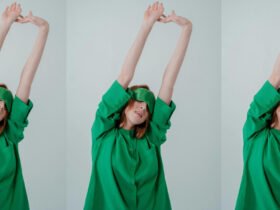



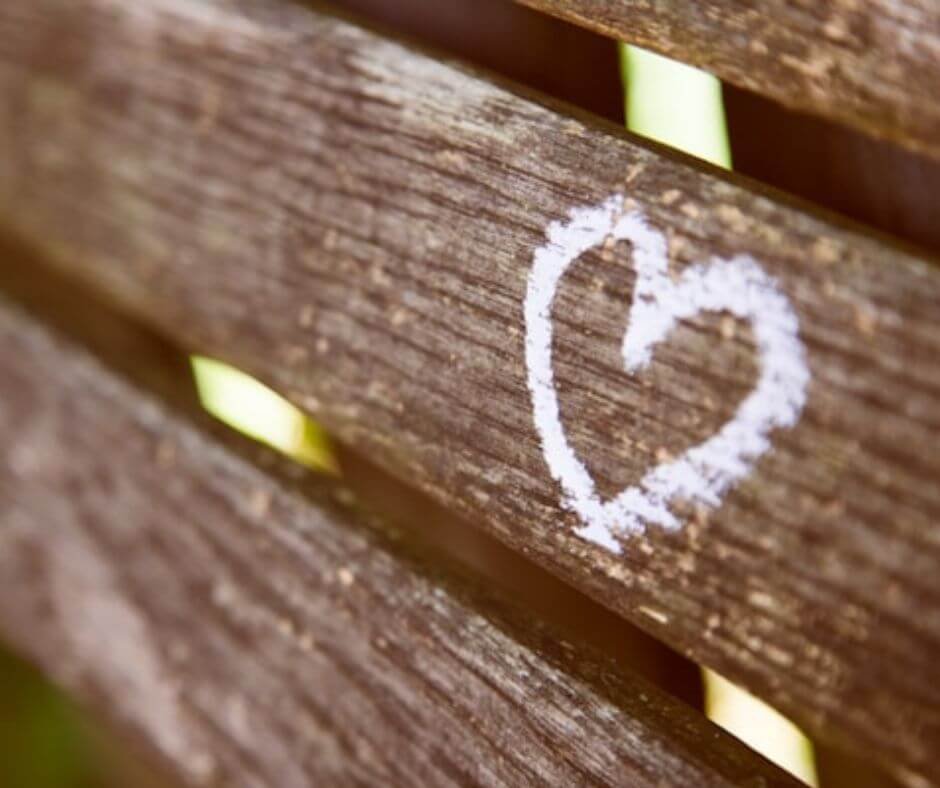


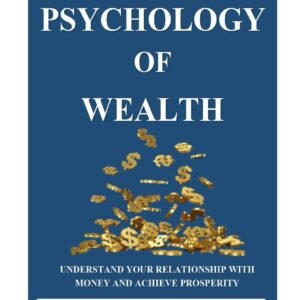
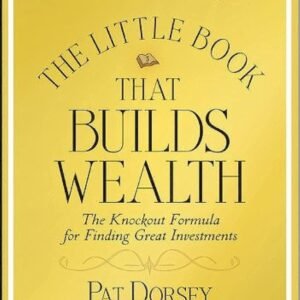

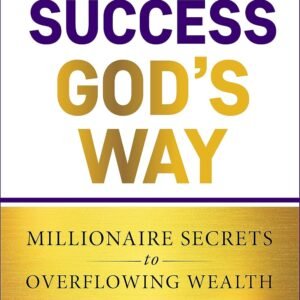





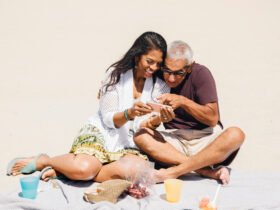


Leave a Reply